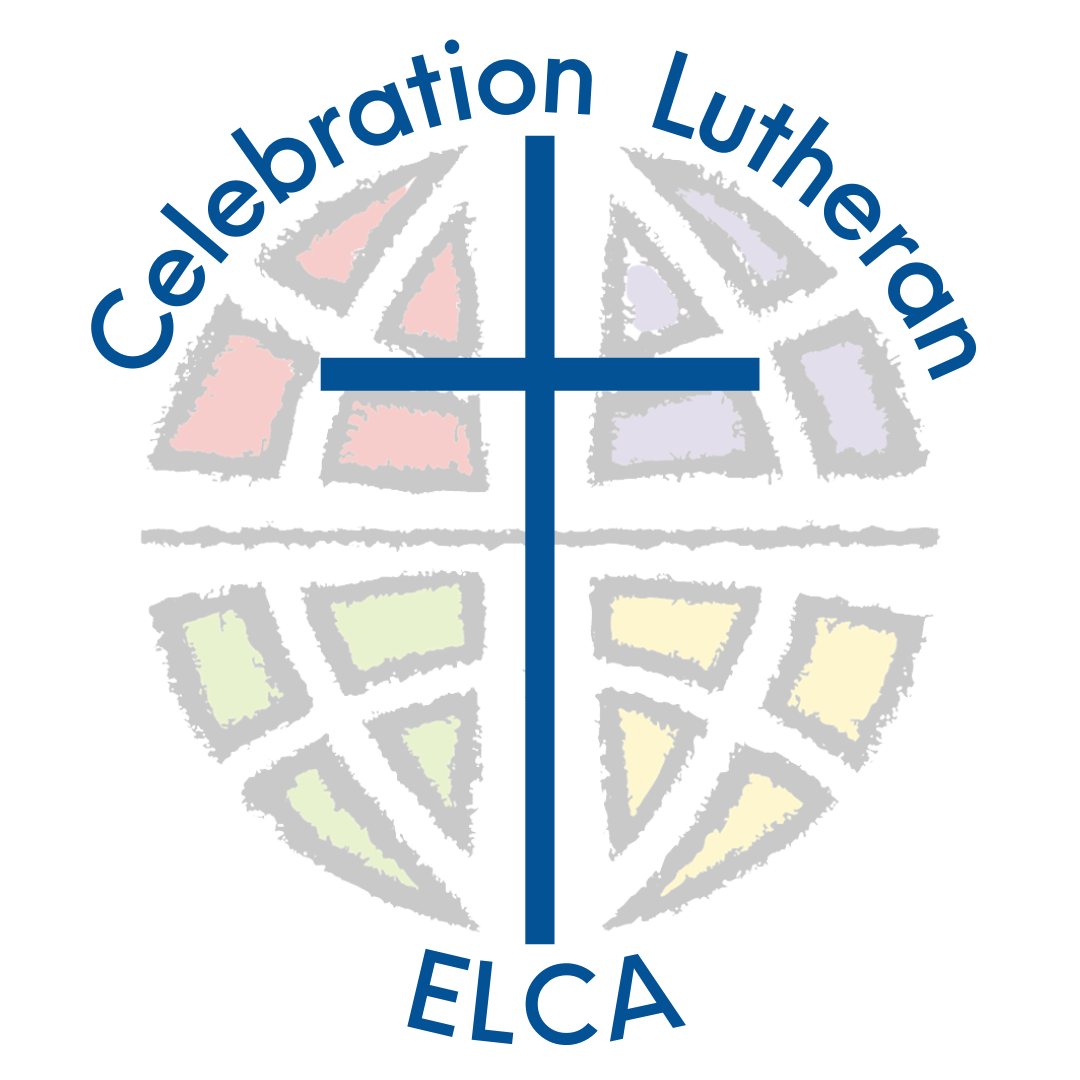
Today’s Sermon focus
Hope is a something we need to practice in order to bring hope to the world. If not us, then who?
Have you ever had the experience of feeling inspired to post on Facebook or Instagram, or gete engaged in some sort of public discussion of something that matters to you, and you feel you have something to say on the subject? It can feel energizing perhaps? Maybe you in those moments you’d resonate with the Isaiah text?
“The Lord God has given me the tongue of a teacher, that I may know how to sustain the weary with a word.” This is sort of a great feeling! So, you post your thing or somehow share your thoughts….and then things go sideways. Your beautiful post turns into a fight somehow and then you’re managing the fall out, hoping for some grace and compassion to come through. Ever had this experience?
Again Isaiah writes, “I gave my back to those who struck me, and my cheeks to those who pulled out the beard.”
Who knew Isaiah knew about Facebook!?
I feel like Isaiah is speaking to me here, though my courage fails me plenty of times. Or if not my courage, my willingness to engage in the online tussles fails me. And I remain silent. Anyone have that experience?
It feels like a dangerous world to share something that has meaning to you, that you feel strongly about, that you may even KNOW something about. Folks seem so ready to jump on each other. It’s enough to make you want to stay home, draw the blinds, and never have an opinion again.
And that’s just Facebook I’m talking about. The stakes for Jesus were a bit higher.
So thank God Jesus was a different sort of person. Jesus knew how to see the problems of his society clearly, know the greater truth of a situation, and communicate a point with some hutzpah. That’s what Palm Sunday is all about. It was like the most viral Facebook post ever in the history of all time.
Here’s what I mean.
To really get the message of Palm Sunday, we need a little historical context. We all know Palm Sunday is the Sunday before Easter. In our modern reality, Easter and Passover don’t always coincide, but it certainly did for Jesus. The Last Supper, which we will commemorate on Maundy Thursday, was the Passover seder meal for Jesus and the disciples.
Now, Passover is the Jewish celebration of God’s deliverance of the people out of Egypt and out of slavery. And yet, during Jesus’ day, the Jewish people were under Roman occupation. So, while they were free of the Egyptians, they had new overlords – the Romans. The Romans figured out their Jewish subjects resisted domination and oppression during Passover, which makes sense. It would be a bit like what we would imagine would happen on the 4th of July perhaps, if the United States were taken over by a foreign military. People would act up more on that day because we’d feel the injustice more on that day.
So, leading up to Passover, the Romans and their puppet king Pilate would put on a military parade through Jerusalem as a demonstration of their overwhelming domination. They wanted people to give up hope of achieving anything with resistance.
That’s one element to keep in mind with Jesus’ entrance into Jerusalem.
Another element is he entered Jerusalem in the manner described by the prophet Zechariah (9:9-11). “Rejoice greatly, O daughter Zion! Shout aloud, O daughter Jerusalem! Lo, your king comes to you; triumphant and victorious is he, humble and riding on a donkey, on a colt, the foal of a donkey. 10 Hec will cut off the chariot from Ephraim and the war-horse from Jerusalem; and the battle bow shall be cut off, and he shall command peace to the nations; his dominion shall be from sea to sea, and from the River to the ends of the earth.”
This is scripture that people know, particularly the religious leaders who are in cahoots with the Roman oppressors.
So, it was not a random day that Jesus entered Jerusalem. It wasn’t a weird choice that he road a donkey. This was a statement and the people were responding in a big way. He was greeted and celebrated as the savior king by the poor and powerless of Jerusalem.
What a bold, planned, and deliberate political statement. Jesus went to Jerusalem not just because he knew that it was time to go. He wasn’t going to chill before the crucifixion. Maybe squeeze in a massage, right? He went for this confrontation between God’s nonviolent, peace-centered, and hopeful action on one hand and empire on the other. He went to make a statement and then engage in the fallout.
Unlike me and likely a lot of us, he did not self-censure out of a need for self-protection.
In fact, he did the opposite. Not only did he go to Jerusalem, where he knew he was going to be killed as a traitor to the state. He entered Jerusalem in the most antagonizing fashion he could. This was bold. This was boldly calling out the hollow shell of empire. He was declaring himself the king. And the regular folks loved him for it!
“Hosanna, Hosanna in the highest!,” they cried.
The people responded with joy, celebration that Jesus was coming in this dramatic display. After all, Jesus entered Jerusalem after traveling the countryside healing and teaching. People had come to know his name far and wide. Remember the Greeks last week that knew to ask about him? He had quite the following, even outside Judea. I think we’d call him an influencer today, right?
He’s claiming himself as king and yet he’s a king of a different kind. He’s not wishing for the war horses, the troops, or the chariots. He’s not wanting dominion. He is waging peace. This is Jesus waging peace, entering into the fray on purpose for the sake of bringing about the Kingdom of God.
Waging peace is something I do not think we are terribly good at. I don’t mean just in the world, though that is clearly the case. We have a hard time imagining that someone, who we disagree with, might have the occasional valid point or perspective. We have a hard time daring to imagine that actual justice is possible. That our world could actually be a place of flourishing for all of us.
At the heart of the Scriptures, time and again, we are called to justice. We are called to love our neighbors as ourselves, to care for the powerless, to feed the hungry and care for the sick. AND we are called to live a life of justice and love by following a path that is itself filled with love, justice, and courage. The path that Jesus showed us was to the cross. He did not travel a path that led to the domination of those who he disagreed with, even if it might have seemed to many that the ends justify the means.
Jesus did not take that path.
Palm Sunday was a moment in time in the story of Jesus when the people, the everyday people, celebrated the promise of their savior entering into Judea’s center of power, money, and influence. This was an important moment when the promise of peace, safety and dignity for all people seemed to open up. The Kingdom for the lowly felt close at hand for the people that day waving their palms and laying down their garments.
We may not Roman soldiers menacing us, we are caught in a world that often seems without hope. We are no longer surprised by mass shootings, corruption, or deliberate and criminal destruction of our environment. We aren’t surprised by war and the death of children. We aren’t surprised by famine regardless of the causes. We aren’t surprised by the many ways we are caught in systems that are indifferent to human suffering.
Given all this, what hope can we reasonably expect? How often do we get a glimpse of the promise of the Kingdom that Jesus tells us is already present and is still yet to come?
I wonder if hope is indeed something we need to practice. We live in a world that mocks hope as naïve. And yet we follow Jesus, who inspired hope ever where he went. Unreasonable hope, some might say, but not unreasonable for those of us who profess the resurrection and new life. So let us practice and soak in our imaginations for a moment of what the Kingdom just might be like. How would it feel like to live in a world that is a step or two closer to the Kingdom? What would be different? How might we be different?
Last week, I suggested you write down something to take to the cross during Holy Week. I hope you did or will do so. I hope you bring it to Holy Week services to bring this painful thing to the cross, just as Jesus brings the oppression and misery of the world to the cross. I hope you hold on to it as you read the Passion story at home, if you decide to not come to church. I hope you bring it to your prayers.
But for today, let us take a moment of imagination. Let’s write down a word or two on your pieces of paper, a phrase, a sentence of what we imagine the Kingdom to be. We’ll use these as part of Easter.
Write down a word or two or three about how you imagine the Kingdom being. What does it feel like? What’s included? Do you think the Kingdom of God involves the latest and greatest video game console for every person? Fine. Write that down! Flex your imagination a bit and see what comes up for you. But as a church, like the ones who celebrated Jesus that day in Jerusalem, let’s enter into hope, put it on paper, and let it be a part of our collective prayers for Easter.
The state of our world demands hope from us, along with the courage to share it, even on Facebook. We need courage to dare to imagine life beyond the prison walls of believing, “This is just the way it is.” We need to courage to embrace nonviolent and loving ways to create a new world with all the other complicated humans around us. That takes courage and hope.
The Kingdom is a real promise for real humans. May we have the courage to lean into that promise, dare to imagine the contours of the Kingdom, and live as if it were so. We can indeed be the people of hope and love the world needs us to be, following Jesus with our palms, crying out our Hosannas! for all the world to hear.
AMEN
Mark 11:1-11
“Hosanna!
Blessed is the one who comes in the name of the Lord!
10Blessed is the coming kingdom of our ancestor David!
Hosanna in the highest heaven!”
11Then he entered Jerusalem and went into the temple; and when he had looked around at everything, as it was already late, he went out to Bethany with the twelve.
Service Recording
Sermon at 22:00
Other Readings
Join Our Email List
We email prayer requests to the community, along with worship bulletins for online worship, updates on special events, and the monthly newsletter. In general, you can expect about 3-4 emails a week from Celebration Lutheran.

0 Comments